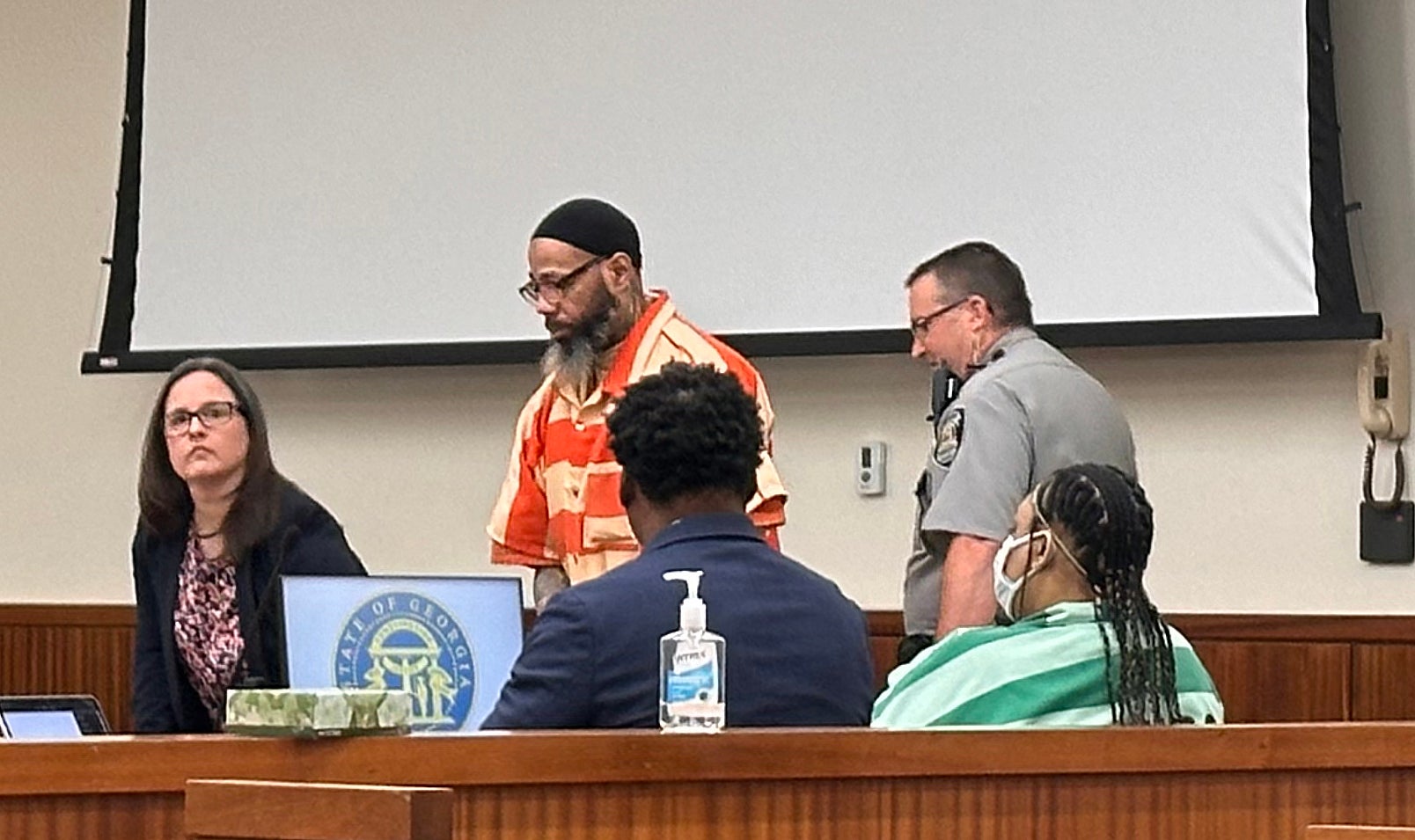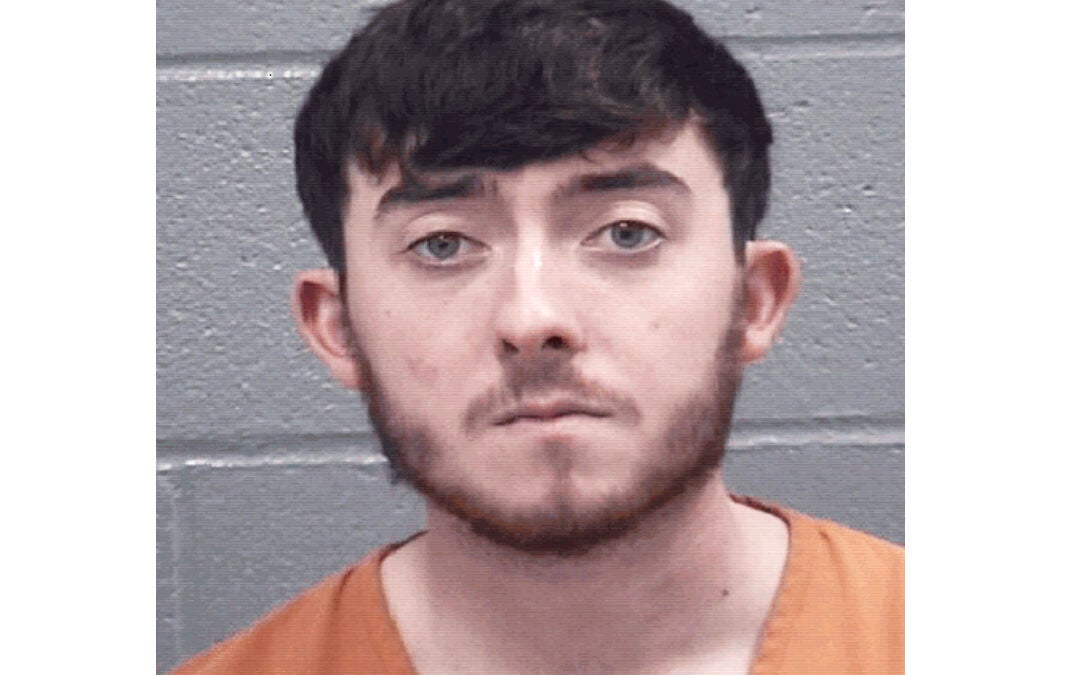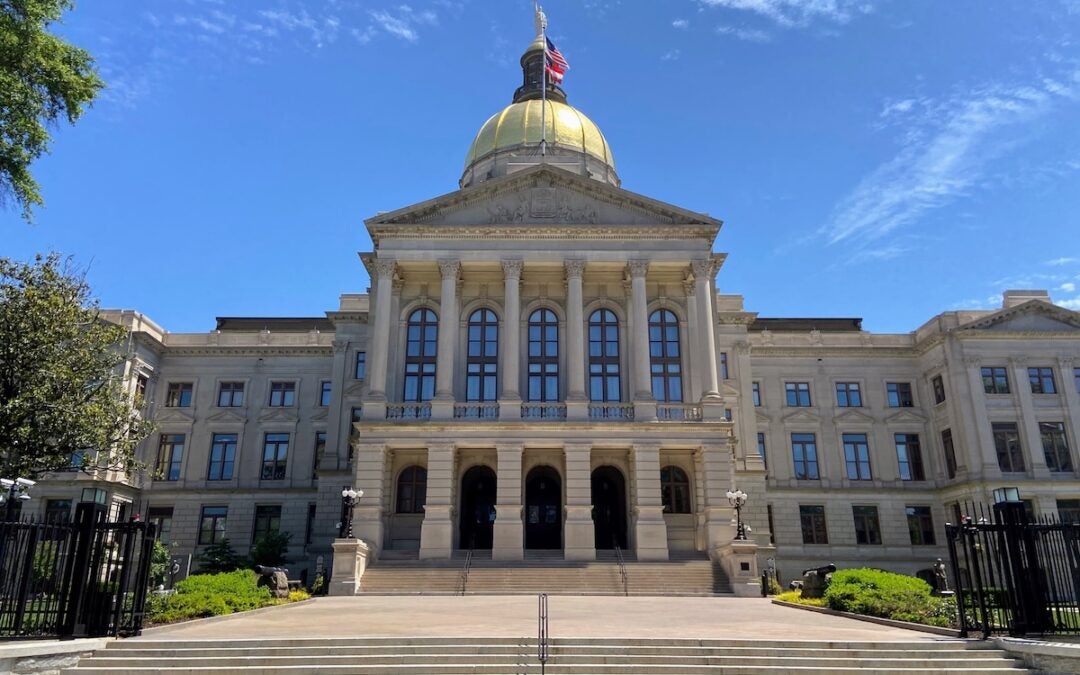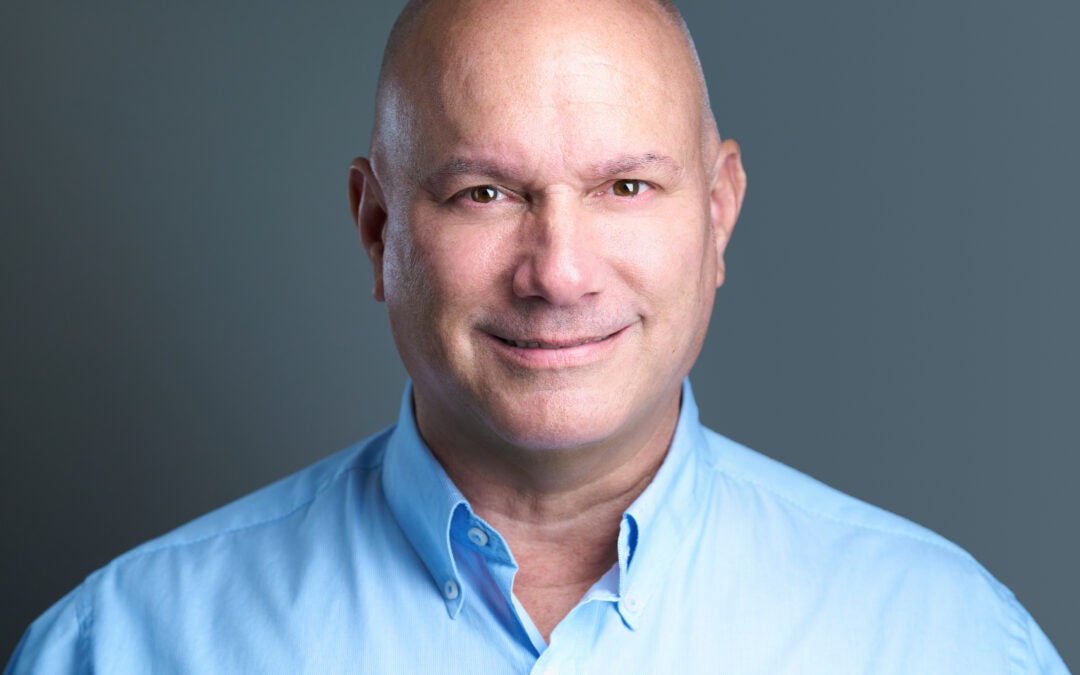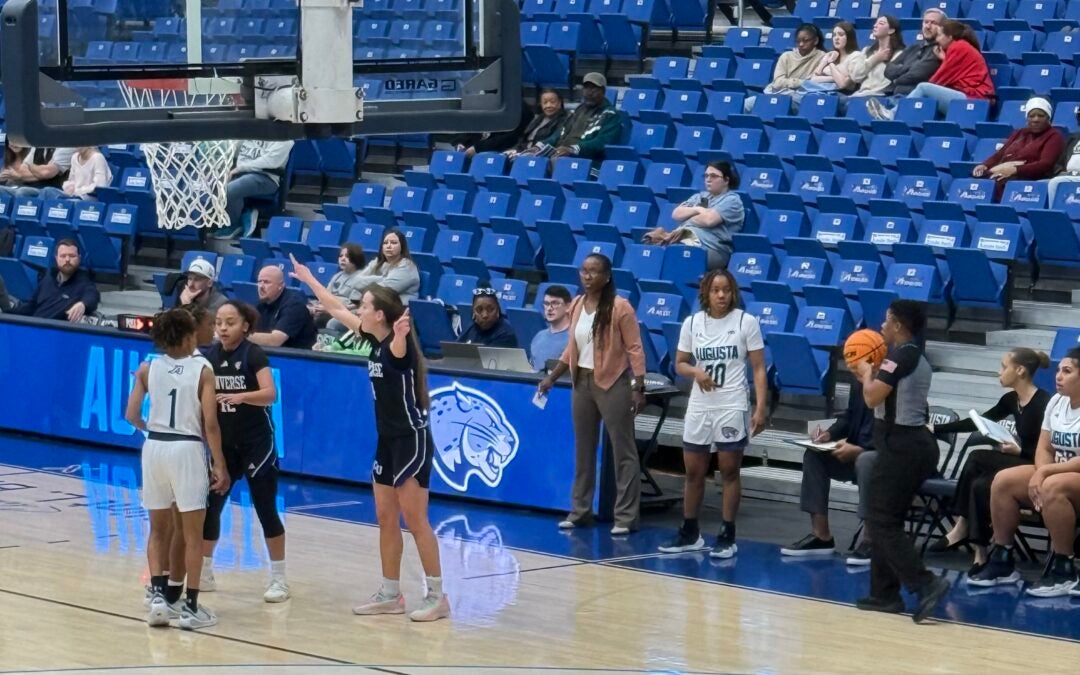Leon and Tanya Tripp may be one step closer to being tried for the murder of Janell Carwell, the 16-year-old who disappeared in 2017.
The Supreme Court of Georgia ruled last week that statements Leon Lamar Tripp made to law enforcement while in custody are admissible in court.

Tripp and his wife were arrested for murder in 2017 following the disappearance of Carwell, Tanya Tripp’s daughter. Carwell’s remains were found in a shallow grave 11 months later. Last year, the couple was re-indicted for murder and upgraded charges and the death penalty was taken off the table.
After his arrest, Tripp was interviewed by police several times while in custody. His attorney, Peter Johnson, challenged the admissibility of the statements Tripp made to police ahead of a trial date that was set earlier this year.
Prosecutors appealed the trial court’s ruling on the statements to the state’s high court, and Tripp cross-appealed.
The Supreme Court upheld the trial court’s ruling regarding interviews done with Tripp on May 23, 2017, and June 2, 2017, saying Tripp had clearly waived his Miranda rights and was not limited in that capacity by his eighth-grade education.
May 23 is when Leon Tripp claimed to law enforcement he and Carwell had driven to a friend’s house to fix a car, then to Atlanta where he gave her money for shopping.
As police initiated a subsequent interview June 9, 2017, Tripp told authorities he “may need” Johnson “to be here.”
As they waited for Johnson to arrive, Tripp told police, who were still searching for Carwell, he could help them if allowed to see his family.
“So y’all can close this case, man, you know what I’m saying?” he said.
Tripp would make further comments about helping police after Johnson arrived, then Johnson said Tripp would be making no more statements.
The trial court excluded the entire June 9 exchange, but the supreme court reversed the ruling, saying Tripp’s statements were voluntary up to the point Johnson said he’d no longer be talking.
Justice Shawn Ellen LaGrua concurred with the opinion, but added an admonition, writing separately about “my grave concern about the actions of law enforcement” after Johnson said Tripp wasn’t talking.
“It is my sincere hope that this was a momentary lapse of judgment and not routine practice,” LaGrua wrote.
As he awaits trial with his wife, Tripp also faces charges for setting fire to linens and possessing contraband and a deadly weapon while in custody at the jail.

